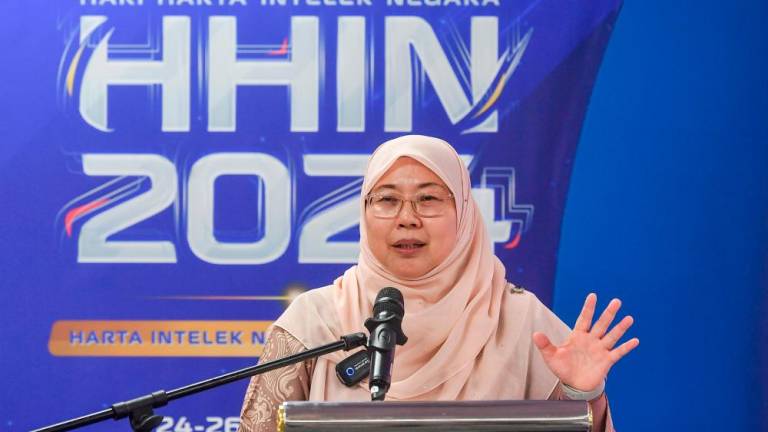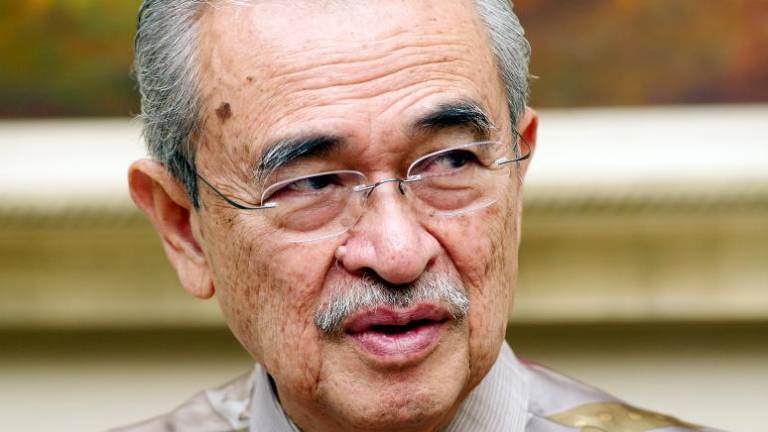PETALING JAYA: Under Budget 2022, individuals who are Malaysian citizens and permanent residents will benefit from the removal of the Real Property Gains Tax (RPGT) on the disposal of any residential property in the sixth year of ownership and beyond.
“With regard to commercial properties or properties owned by companies, they are still subject to payment of RPGT at the rate of 10% imposed by the government,” Chloe Lim & Co founder Chloe Lim Yen Hwa told Property Take.
She said that as the RPGT amendments under Budget 2022 take effect from Jan 1, 2022, all sale and purchase agreements that are executed and dated before Dec 31, 2021 will not be affected.
“To date, the Real Property Gains Tax (Exemption) Order 2020 (P.U.(A) 218) remains effective till Dec 31, 2021. We hope that the RPGT announcement in Budget 2022 will stimulate and boost sales in the property market in 2022.”
On legitimate ways to reduce RPGT from Jan 1, 2022, Chloe Lim & Co’s Carmen Leong Jia Wen said Malaysian citizens or permanent residents may apply for an exemption of 10% of the profit or RM10,000 per transaction, whichever is higher, under several circumstances.
“First is a transfer of property by way of love and affection between husband and wife, parent and children or grandparents and grandchildren. This exemption is not applicable for transfers between siblings.
“Second, one may opt for the lifetime exemption under Paragraph 9 Schedule 3 of Real Property Gains Tax Act 1976 for disposal of one private residence only,” she said.
Leong said house owners are allowed to deduct incidental costs incurred from the RPGT chargeable on disposal of the properties such as legal fees, accounting fees, surveyor fees, real estate commission fees, administrative fees, renovation costs, and repair costs.
“The house owners shall keep all original receipts in English or Malay language for the allowable claim of losses incurred during the acquisition till the disposal of the properties. In addition, a property owner may offset allowable losses incurred from a single transaction against another transaction of disposal as long as both of the transactions fall under the same year,” she said.
RPGT Handbook co-author and TraTax partner Thenesh Kannaa said the RPGT abolition for sale of properties after five years of ownership is welcomed by tax advisers as apt to curb speculation.
“It is hoped that the present 10% RPGT rate on companies and foreign investors for the same holding period of more than five years would also be considered by the government, in which, the rate was 5% before 2019,” he told Property Take.
Meanwhile, Thenesh said the removal of the foreign income exemption proposed in Budget 2022 might impact the return on investment from foreign properties.
“Malaysians are advised to keep an eye for the details in the to-be-tabled Finance Bill and seek professional tax advice regarding gains from foreign investments. For example, depending on the provisions in the Finance Bill, some investors may find it beneficial to remit all foreign income into Malaysia by December 2021 to avoid any potential tax on repatriation after Jan 1, 2022. Much of this depends on the legal provisions in the Finance Bill and implications may be complex for many situations,” he said.










